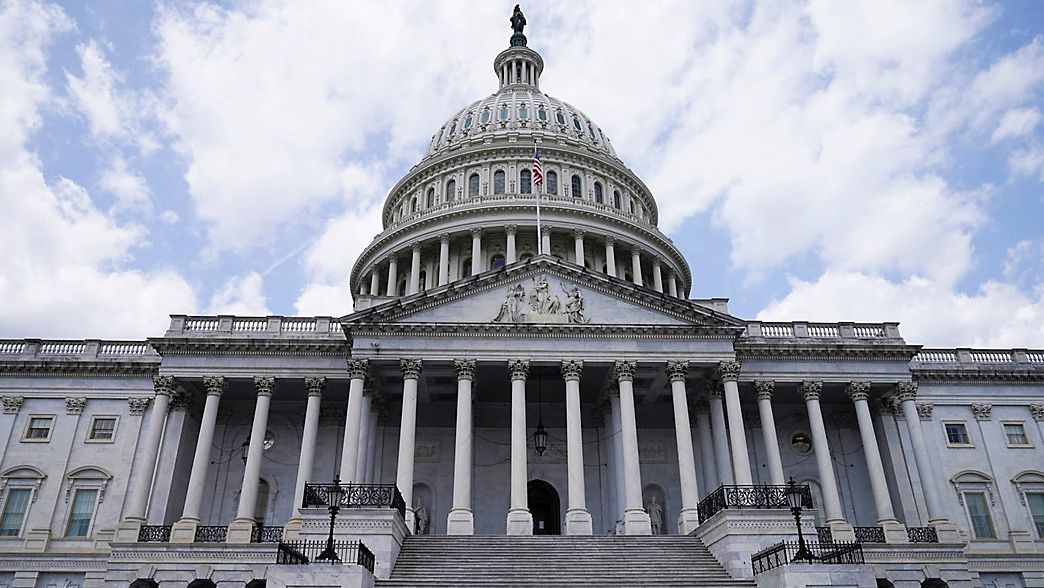WASHINGTON — Tara Hyde has been in recovery from addiction for nearly 13 years.
Before she got into recovery, Hyde said she never thought there was something wrong with the way she had been using substances.
“When I went down the road and into the throes of addiction, that's when it was exposed, when I ended up being homeless at 23,” Hyde said. "I've lived a life of resilience since April of 2011."
Hyde is now the CEO of the Kentucky organization People Advocating Recovery, which helps to remove barriers to recovery.
She hopes Congress will reauthorize the SUPPORT Act.
“People cannot recover if they’re not alive, and this helps to put an emphasis on that,” she said.
The SUPPORT ACT was first enacted in 2018, but it expired last fall.
Its reauthorization would provide money for overdose prevention, recovery and treatment, and it would make permanent a requirement that state Medicaid plans cover medication-assisted treatment.
Kentucky Congressman Brett Guthrie, R-Bowling Green, is leading the fight for its reauthorization.
The bill also would fix breaks in coverage for people who had been receiving treatment while incarcerated, he said.
“If you’re Medicaid eligible and you’re in custody, then on your release date, before your release date you are signed up for Medicaid, so you don’t have a break in your services as you leave,” said Guthrie.
The House passed the bill with broad bipartisan support in December and it has been referred to a Senate committee.
“Having that focus on whole health and wellness and understanding that there are multiple pathways of recovery that need different types and different intersections of intervention, that’s what we need to focus on and I think that this bill is what does that,” said Hyde.
The bill would also add the animal sedative xylazine to the controlled substances list.
The Kentucky Harm Reduction Coalition opposes that and said it could put people with substance use disorder at risk for further criminalization.










